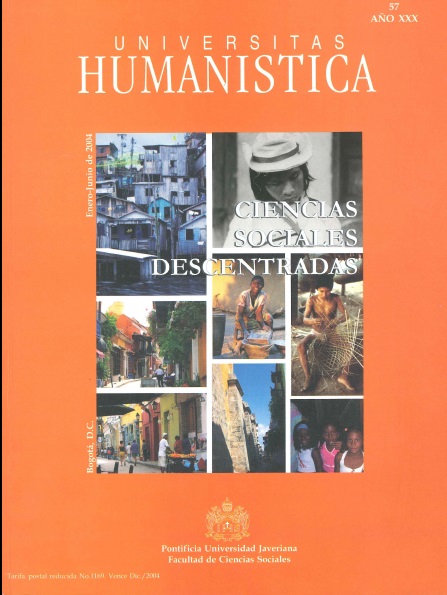Abstract
La reducción de la pobreza, ha sido durante largo tiempo uno de los objetos promovidos por la banca internacional de desarrollo. El Banco Mundial y el Fondo Monetario Internacional (FMI) han propuesto un nuevo programa denominado las Estrategias para Reducción de la Pobreza (ERP) cuyo primer paso y principal mecanismo para ser implementado es desarrollar los "Documentos de Estrategias de Reducción de la Pobreza (DERP)", sobre los cuales este artículo presenta un análisis crítico.
El análisis de los requerimientos y alcances tanto del esquema ERP, como de los DERP lleva considerarlos como otros mecanismo de fuerte intervención en la política interna de los llamados países en vías de desarrollo, cuya implementación por demás, no deja ver posibilidades de éxito en su objetivo principal de reducir la pobreza.

This journal provides immediate open access to its content on the principle that making research freely available to the public, encourages greater global exchange of knowledge.
The journal Universitas Humanística is registered under a Creative Commons Attribution 4.0 International Public License. Thus, this work may be reproduced, distributed, and publicly shared in digital format, as long as the names of the authors and Pontificia Universidad Javeriana are acknowledged. Others are allowed to quote, adapt, transform, auto-archive, republish, and create based on this material, for any purpose (even commercial ones), provided the authorship is duly acknowledged, a link to the original work is provided, and it is specified if changes have been made. Pontificia Universidad Javeriana does not hold the rights of published works and the authors are solely responsible for the contents of their works; they keep the moral, intellectual, privacy, and publicity rights.
Approving the intervention of the work (review, copy-editing, translation, layout) and the following outreach, are granted through an use license and not through an assignment of rights. This means the journal and Pontificia Universidad Javeriana cannot be held responsible for any ethical malpractice by the authors. As a consequence of the protection granted by the use license, the journal is not required to publish recantations or modify information already published, unless the errata stems from the editorial management process. Publishing contents in this journal does not generate royalties for contributors.


